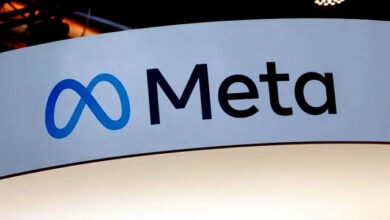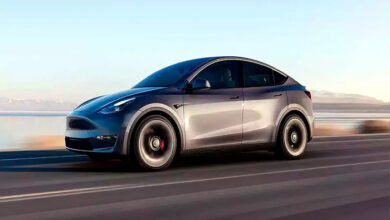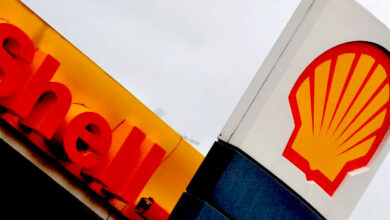Australia’s battery metal makers are important to South Korea’s plans for electric vehicles (EVs).

A top South Korean executive said on Wednesday that Australia will be a big part of South Korea’s plans to lead the market for batteries for electric vehicles and get less of its battery metals from China.
Ben Bosung Kim, the managing director of steel giant POSCO (NYSE: PKX) in Australia, said that the company has already invested around A$5 billion ($3.4 billion) in the country. This includes traditional raw materials like iron ore and coal, as well as lithium, nickel, graphite, and other minerals needed to make electric car batteries.
Ben told Reuters at the Australia-Korea Business Council (AKBC) conference in Sydney that “Australia and Korea are always complementary and interdependent in terms of mining in Australia and manufacturing in Korea.”
Related: Evergrande of China delivers the first electric vehicles.
“That’s how steel was made in the past, and that’s how battery materials will be made in the future,” he said.
The Asian country controls a third of the $46 billion market for batteries for electric vehicles, but it gets most of its batteries from China, which is a key supplier for Korea.
In the past few years, U.S. allies have taken steps to become less reliant on China as worries about Beijing’s control over the critical minerals sector have grown.
South Korea has promised to become a leader in making batteries by 2030 as part of a plan to be carbon neutral by 2050. This means that it needs important mineral supplies.
Last year, POSCO and Pilbara Minerals Ltd. made a deal to work together to build a 43,000-tonne lithium hydroxide chemical plant in Gwangyang, South Korea. It also bought a 30% stake in the Ravensthorpe nickel mine in Western Australia, which is owned by First Quantum Minerals (OTC: FQVLF).
At the conference, POSCO executives said that Australia will be a key place for the company to invest in hydrogen projects.
POSCO’s Executive Vice President and Head of the Hydrogen Business, Junk Choo, gave a presentation in which he said that by 2050, the company wants to be a global provider of hydrogen with the ability to make 7 million t. Part of this plan is to build a big factory in Australia that can make 1 million metric tonnes of hydrogen by 2040.
Choo said that the race around the world to be the first and biggest provider of hydrogen is picking up speed. This year, the U.S. passed the Inflation Reduction Act (IRA), which gives big incentives for making hydrogen.
He said that the Australian government should offer similar incentives so that Australia can be a world leader in exporting hydrogen.
Related: Mercedes-Benz: Supply constraints are hurting sales of high-end battery-electric vehicles –CFO
1 dollar equals 1.4923 Australian dollars.





